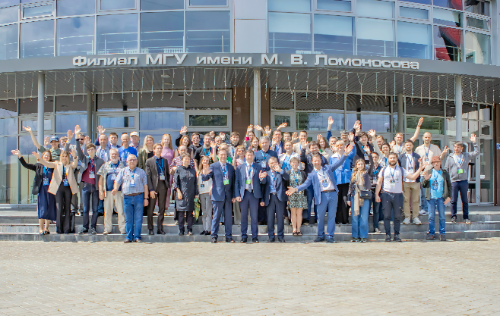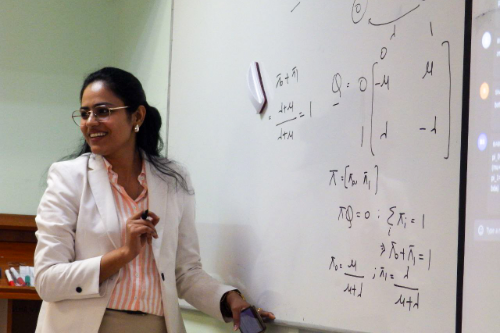The study showed the mean surface temperature in the Arctic increased by 2—4°C from around the mid-1970s to 2023. The rise was the most pronounced in the White and Kara Seas, and in the northern and eastern parts of the Barents Sea.
The scientists have considered four scenarios of temperature change by the end of the 21st century, depending on the level of greenhouse gas emissions. The first scenario is the most optimistic, but unlikely: if global greenhouse gas emissions are immediately and significantly reduced. In this case, the temperature in the western part of the Russian Arctic will still rise by the end of the 21st century relative to the start of the century by approximately 2—4°C. The rise will be the strongest in the north.
The second scenario is more likely: global CO2 emissions begin to decline from the mid-21st century In this case, temperatures will continue to rise, but this rise will slow down in the second half of the 21st century. The increase in mean surface air temperature in the study region will be about 4-6°C, with about 6°C in the north and about 4°C in the south.
The third scenario envisages an increase in greenhouse gas emissions up to the end of the century, with their atmospheric concentrations becoming much higher than they are today. This can happen if the current situation persists and the necessary actions are not taken. In this case, the average temperature in the western part of the Russian Arctic would rise by about 5-8°C. Finally, in the most extreme scenario and the fastest possible increase in atmospheric greenhouse gas concentrations, the temperature in the western Russian Arctic would rise by about 6-10°C.
In addition, the forecast for 2024-2053 based on 33 CMIP6 models is that the mean surface air temperature in the western part of the Russian Arctic will rise by about 2-3°Ń.
Aleksey Tolstikov noted that the knowledge of how the regional climate will change in the short- and long term is necessary when exploiting Arctic resources for economic and social purposes. This can help to prepare in advance for an unfavorable course of events. It is important to consider as many forecast scenarios as possible to understand how to efficiently manage Arctic resources in the future.

Head of Hydrophysics Laboratory at NWPI KarRC RAS Galina Zdorovennova and Head of Geography and Hydrology Laboratory Aleksey Tolstikov
Head of Hydrophysics Laboratory at NWPI KarRC RAS Galina Zdorovennova told about the processes happening to the ice regime of lakes in the arctic, temperature and arid zones under climate change. This problem is investigated by an international team made up of researchers from NWPI KarRC RAS, as well as from Lomonosov Moscow State University, Institute of North Industrial Ecology Problems of the Kola Science Center RAS, Takhtajan Institute of Botany (Yerevan, Armenia), and School of Water and Environment, Chang'an University (Xi'an, China).
According to the scientist, the changes in the ice regime of lakes associated with climate change involve not only a shortening of the ice-covered period and a decrease in lake ice thickness, but also changes in the composition and properties of the ice cover.
– Winters have been getting warmer and snowier lately, causing changes in the structure and properties of lake ice. The share of white ice, which is noticeably less strong and less transparent than crystalline ice, is growing in the lake ice column. The reduced load-bearing capacity of the ice imposes limitations on economic activities on the ice and may be dangerous for people, – remarked Galina Zdorovennova.
In addition, an increase in the proportion of white ice, which intercepts solar radiation, slows down the rates of biological, such as phytoplankton development, and hydrophysical - under-ice water warming, ice melting - processes in ice-covered lakes. All this raises the relevance of studies on ice structure changes observed on lakes in many regions of the world in recent years.
In the near future, Karelian scientists plan to continue and expand the studies of lake ice structure in different climatic zones in collaboration with colleagues from China.
Photos by Igor Georgievsky / KarRC RAS







